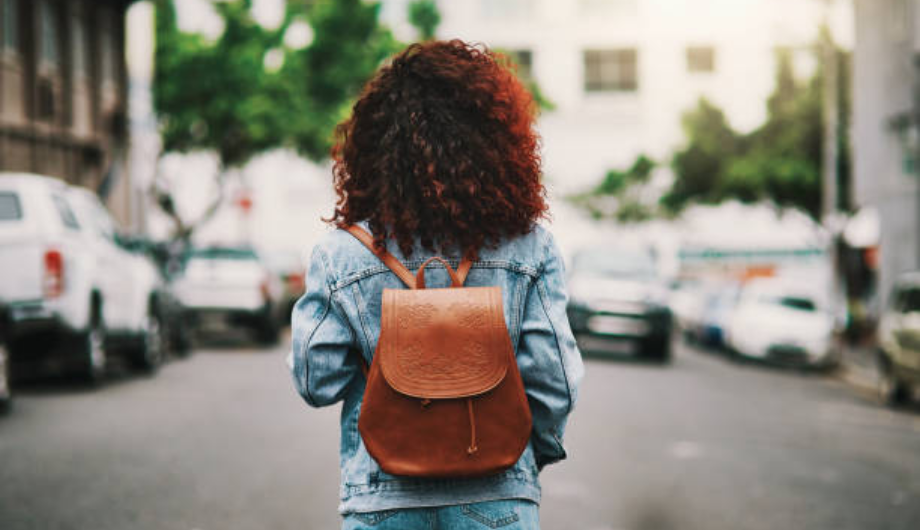
Why education is important for understanding domestic abuse
Amna Abdullatif is children and young people’s officer nationally for Women’s Aid. Her previous role as national schools engagement officer focused heavily on encouraging schools to implement preventative work through the Expect Respect toolkit.
One of the areas of work that Women’s Aid are passionate about is in relation to education and prevention, which encouraged the production of a toolkit, aimed at schools and other organisations working with children and young people, called Expect Respect.
The need for education and prevention is vital
We know how children are impacted greatly by violence that is happening in the home; according to Radford (2011) 1 in 5 children have been exposed to domestic abuse, as well as domestic abuse being a factor in 60% of Serious Case Reviews, where a child has been murdered or seriously injured as a result of abuse or neglect. (Brandon 2012).
We are also aware that young women aged between 16 & 19 and between 20 & 24 are the most likely to be victims of domestic abuse (11.3% and 12.5% of the respective population) (ONS 2014), often due to engaging in first relationships, and not knowing or understanding what makes a healthy relationship or understanding how to get out of a relationship once it becomes abusive.
But also, girls are often experiencing various forms of abuse and misogyny during their experience in and out of school at a much earlier age, which perpetuate certain stereotypes and ideas of what is acceptable, even when it is harmful.
Not surprisingly, there are many issues that children and young people face, and schools and educational establishments have a core role to play to ensure they remain safe and happy inside and outside the school environment.
The Expect Respect toolkit offers a range of lesson plan for age groups from reception to college age, all of which aim to do the following:
- Changing beliefs and attitudes about men and women;
- Challenging assumptions about gender and power;
- Managing feelings and accepting responsibility for one’s own feelings and behaviour;
- Helping to resolve conflict;
- Helping young people to knowing the difference between abusive and non-abusive relationships;
- Communicating consistently the message that abuse is not acceptable;
- Helping young people to understand that abuse is a crime;
- Highlighting the role of peers in providing support; &
- Giving information about where to get help.
One example of a session plan for high school students explores young people’s views of what behaviours they feel are ok or not ok. It provides an opportunity for young people to discuss their own views and hear others, in order to challenge or question the way they engage in intimate relationships.
There is also a need to understand what young people feel makes a healthy relationship, and to ensure that they understand that they are entitled to be in a relationship that is safe, healthy and happy.
However, this alone isn’t enough. It’s vital that schools and educational establishments understand how to respond to the needs of children and young people.
Responses could include:
- Introducing a whole-school approach
- Regular training for all staff
- Close links to specialist services
- Encouraging regular sessions for prevention focused work
- Responding to disclosures and potential child protection concerns effectively
- Facilitating a peer support network
- Offering practical support
- Providing safe spaces
- Offering opportunities, roles and responsibilities to children and young people
As well as the toolkit, Women’s Aid also has information and resources in the Hideout website for primary and secondary aged children and young people. The ‘love don’t feel bad’ website is a useful resource for young people in understanding what coercive control is and how it can impact on their relationships, providing some real life examples, as well as resources, a quiz and videos.
A holistic approach is required by all professionals working with children and young people, to ensure they are supported, informed, protected, and that their voices are listened to.
Women’s Aid is the leading national charity in England supporting women and children to end domestic abuse, with over 220 member organisations across the country, who offer more than 300 lifesaving services
You may also be interested in


Children and young people

